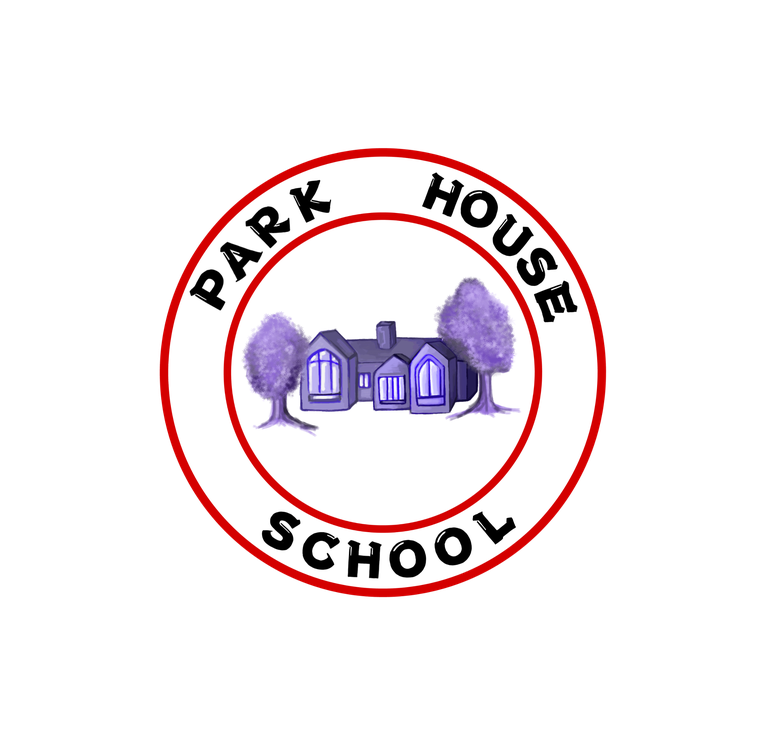Science
Science Curriculum Statement
Intent
Our Park House vision is to distil a lifelong love of science within our pupils, we want them to be inquisitive, explore and question the world around them. Science has changed our lives and is vital to the world’s future prosperity therefore we are developing our STEM curriculum so that there are strong links between Science, Technology, Engineering and the Maths curriculum. We believe that Computer Science has a large part to play in our curriculum and the children’s understanding of the world around them. The children will have a clear understanding of what is meant by Biology, Chemistry and Physics and how they fit with our everyday understanding of the world. We work hard to provide a rich and varied curriculum to challenge and meet the needs of our children. We believe all pupils should be taught the skills of working scientifically and the essential aspects of the knowledge, methods, processes and uses of science. From EYFS up to KS2 our pupils will build up a body of key foundational knowledge and concepts, pupils are encouraged to recognise the power of rational explanation and develop a sense of excitement and curiosity about natural phenomena. We provide our children with wider opportunities in science with educational visits and make links to other subjects. We challenge pupils on a weekly basis to develop the progressive working scientifically skills to explore and embed the knowledge and is unique to our school and our needs. We monitor our schools progress in science regularly in line with our science policy.
The national curriculum for science aims to ensure that all pupils:
- Develop scientific knowledge and conceptual understanding through the specific disciplines of biology, chemistry and physics.
- Develop understanding of the nature, processes and methods of science through different types of science enquiries that help them to answer scientific questions about the world around them.
- Are equipped with the scientific knowledge required to understand the uses and implications of science, today and for the future.
Implementation
We are developing a high level of subject knowledge of science in our school by introducing training and professional development. Teachers have been working with our own system of assessment for learning that is tailored to lessons around our children and help us plan for next steps. In our school we strongly encourage all pupils to use specific topic related vocabulary. All children will be introduced to the scientific vocabulary for the area of science that is about to be taught. KS1 and EYFS will have their vocabulary displayed in the classroom for them whenever necessary. If doing an activity in their books they might have key vocabulary provided for them. Through effective teaching of science, we develop children’s knowledge and key skills during each topic. Teachers ensure that pupils embed key concepts in their long-term memory and apply them fluently, this is done by revisiting and revising topics, and displaying previous learning and key vocabulary clearly in the classroom through a science specific display when appropriate. With effective subject management we are a well-equipped and resourced school. Regular monitoring/ book scrutiny’s shows that our children are developing an understanding of key scientific principles within their work which they are starting to apply. Children are provided with regular opportunities to develop strategies for questioning and thinking. In our school we have a rigorous monitoring process which is kept up to date and works towards our school improvement plan. Science is taught for the equivalent of 1 hour a week, this can in some cases be blocked together into one week as KS1 & 2 are topic based. There are cross-curricular links made throughout science teaching which keep children hooked while ensuring the strength of science teaching. In early years, science is taught through developing an understanding of the world using focussed and continuous provision. It is assessed through observation. Pupil voice will be encouraged and the children will be asked what questions do they the children have now? Then where possible the question that will lead their learning should be introduced. The process should then be repeated again when looking at new area of science. In all Science lessons we aim to have at least one part of the lesson dedicated to AT1 skills of working scientifically.
Assessment
Formative assessment involving questioning, in the moment marking, observation, challenge and questioning will be used in every lesson. At the end of each lesson or series of lessons a science quiz/activity will be given to identify gaps in teaching and learning.
Monitoring
Science will be monitored through a book scrutiny and feedback, learning walks and observations, pupil voice.
Impact
In all class’s children have a wide range of scientific abilities. Whilst recognising this fact, we provide suitable learning opportunities for all children by matching the challenge of the task to the ability of the child and in doing so raise pupil’s scientific understanding and vocabulary.
The use of assessment, CPD, observations and by talking to children ensures that the quality of lessons and confidence in the teaching of Science improves and as a result the enjoyment and positive outcomes increases.
Next Steps:
- Meet with staff to ensure they are confident with the delivery and to see if further development is needed.
- Resources to be shared with staff
- Oversee planning, delivery and assessment of Science
